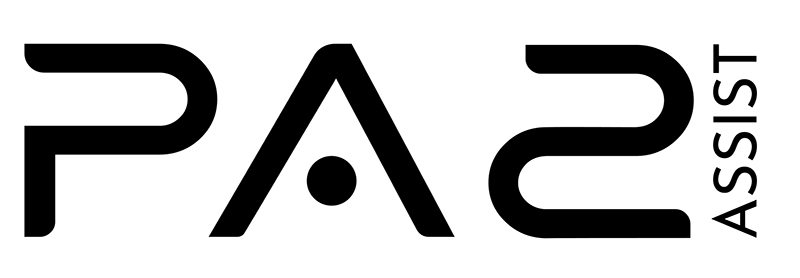Tech Vanguards: Exploring Technology Trends Shaping the Future of Personal Assistance


In an era defined by rapid technological advancements, the landscape of personal assistance is undergoing a profound transformation. The integration of cutting-edge technologies is reshaping how personal assistants operate, enhancing efficiency, and ushering in a new era of seamless support. In this blog, we’ll delve into the technology trends that are propelling the future of personal assistance into uncharted territory.
AI and machine learning are at the forefront of revolutionizing personal assistance. These technologies empower personal assistants to learn from patterns, predict needs, and automate routine tasks. From smart scheduling to predictive analytics, AI enhances the capabilities of personal assistants, allowing them to provide more proactive and personalized support.
Voice-activated assistants and virtual agents are becoming integral to personal assistance. With the rise of virtual assistants like Siri, Alexa, and Google Assistant, personal assistants leverage voice recognition technology to perform tasks, answer queries, and facilitate hands-free interactions. This trend enhances accessibility and responsiveness in personal assistance.
Robotic Process Automation is streamlining repetitive tasks with personal assistance. Personal assistants integrate RPA to automate administrative processes, data entry, and routine communications. By offloading mundane tasks to robots, personal assistants can focus on more strategic and complex responsibilities.
Security and privacy are paramount in personal assistance. Blockchain technology is emerging as a safeguard, ensuring secure and transparent transactions. Personal assistants leverage blockchain to enhance data integrity, protect sensitive information, and establish trust in their interactions with clients and stakeholders.
Augmented reality is transforming how personal assistants provide remote support. Through AR applications, personal assistants can guide users visually, troubleshoot issues, and offer real-time assistance. This immersive technology is particularly valuable in industries where hands-on guidance is crucial.
As personal assistants handle sensitive information, cybersecurity measures are paramount. The implementation of advanced cybersecurity technologies, including encryption, multi-factor authentication, and threat detection systems, ensures that personal assistants can safeguard client information and maintain the highest standards of data protection.
Chatbots are becoming integral to personal assistance, providing instantaneous responses and handling routine queries. Personal assistants integrate chatbots to manage high-volume communication efficiently, allowing them to focus on more complex and personalized interactions.
Collaboration platforms are enhancing teamwork in personal assistance. These platforms facilitate seamless communication, document sharing, and task coordination among personal assistants and their teams. Virtual collaboration tools are becoming essential for efficient and synchronized support.
Personal assistance is transforming the digital age by integrating AI, voice-activated assistants, and blockchain technologies, enhancing efficiency, security, and personalized support, and paving the way for a more transformative digital experience.
#TechAssistance
#FutureOfPA
#AIinPersonalAssistance
#VirtualAgents
#SmartAssistant
#RPAinAssistance
#BlockchainSecurity
#ARforSupport
#DataAnalytics
Registered Office Address
